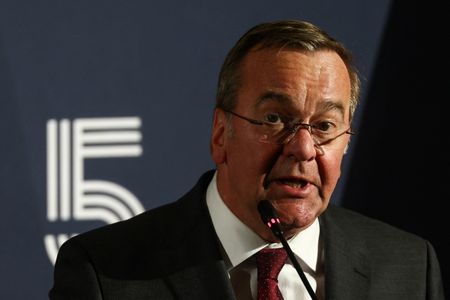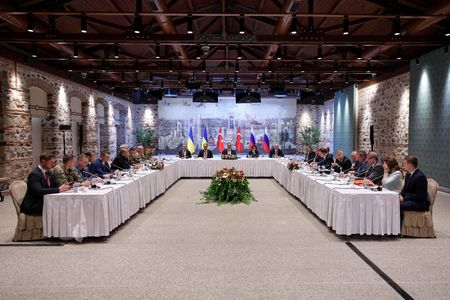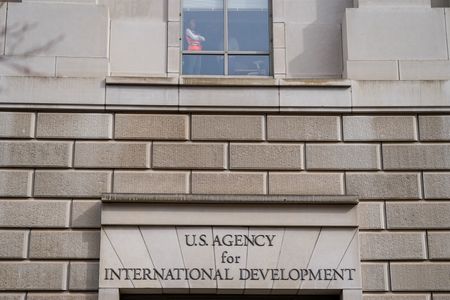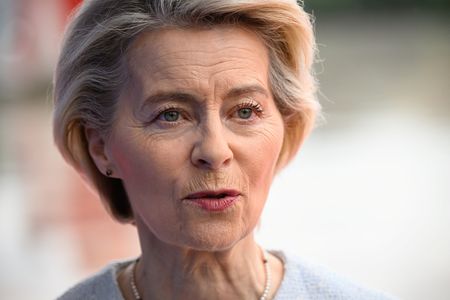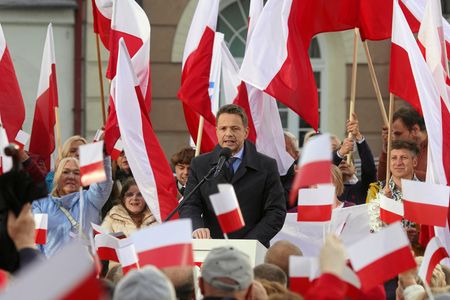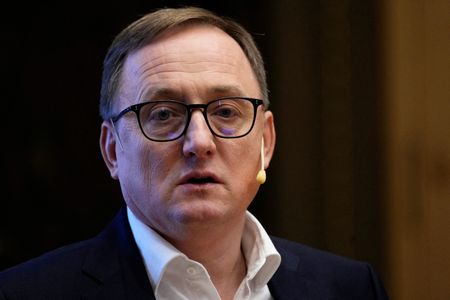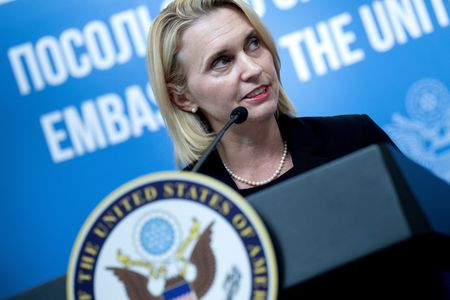By Angelo Amante
ROME (Reuters) -Boosting defence spending is a task for all NATO members willing to close gaps with allies, ministers from historic low-spenders Italy and Germany said on Friday, following a round of talks with European counterparts.
Germany’s Boris Pistorius and Italy’s Guido Crosetto spoke after meeting in Rome with fellow defence ministers from Poland, France and Britain, while in Istanbul Russia and Ukraine held direct talks for the first time in three years.
NATO allies are under pressure from the United States to agree on a goal to spend 5% of their GDP on defence over the next decade, a huge increase from the current 2% goal.
“It is the task of all NATO states in Europe and beyond to close the capability gaps … regardless of whether it ends up costing 2.5, 3 or 3.5%,” Pistorius told reporters, referring to spending targets.
On meeting capability goals, Pistorius said, “This will certainly cost more money than 2%. I suspect around 3% or more,” declining to offer a set target in the debate on how much NATO countries should spend on defence.
Hiking military spending is sensitive for highly indebted Italy. Rome was below the 2% target in 2024 and is set to hit it this year by including items – such as pensions for retired soldiers – which were previously excluded.
According to NATO estimates, Germany’s defence spending stood at 2.12% of GDP last year, up from 1.19% in 2014.
Crosetto, a close ally of Prime Minister Giorgia Meloni, said Italy and Germany had to do more.
“In recent years, we have not invested as much in defence as other nations; we did not think it was so important and necessary, now we have realised it,” Crosetto told reporters.
(Reporting by Angelo Amante in Rome and Rachel More in Berlin, editing by Alvise Armellini, William Maclean)

